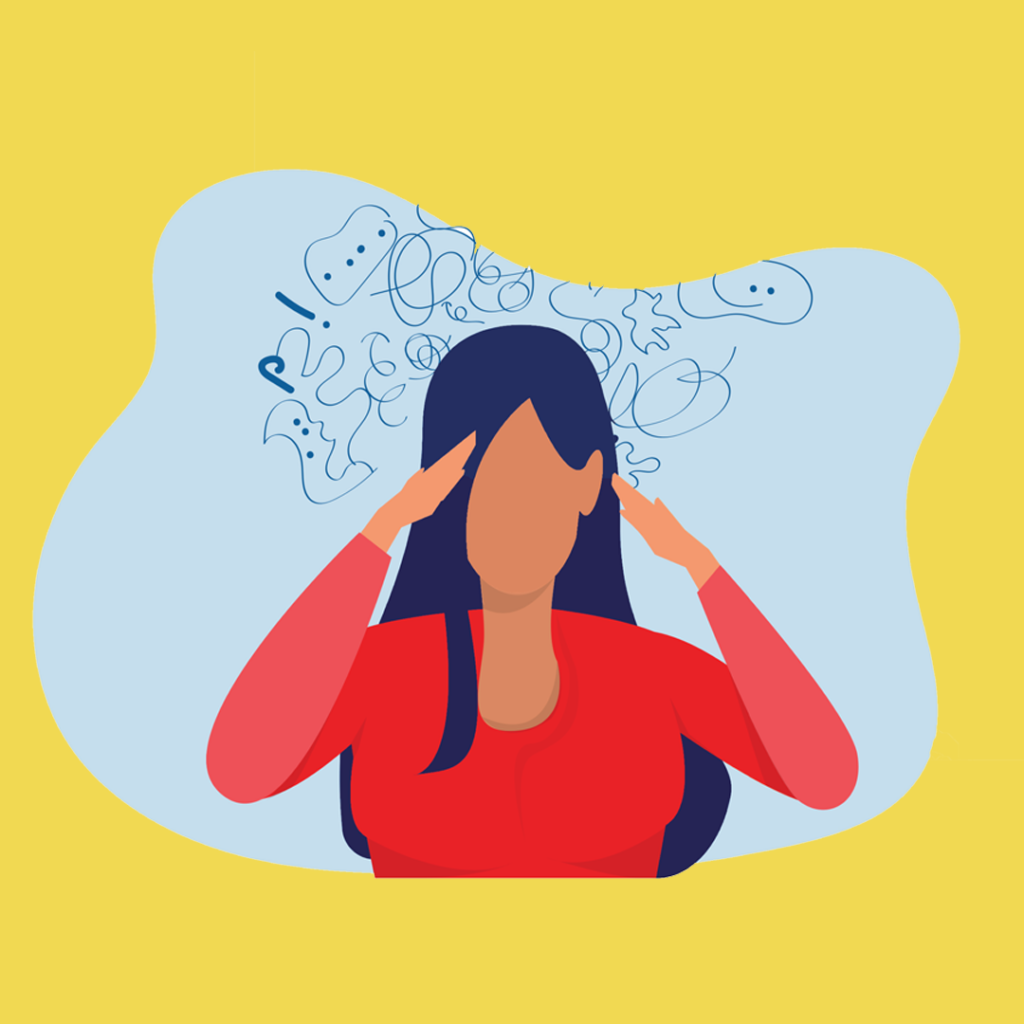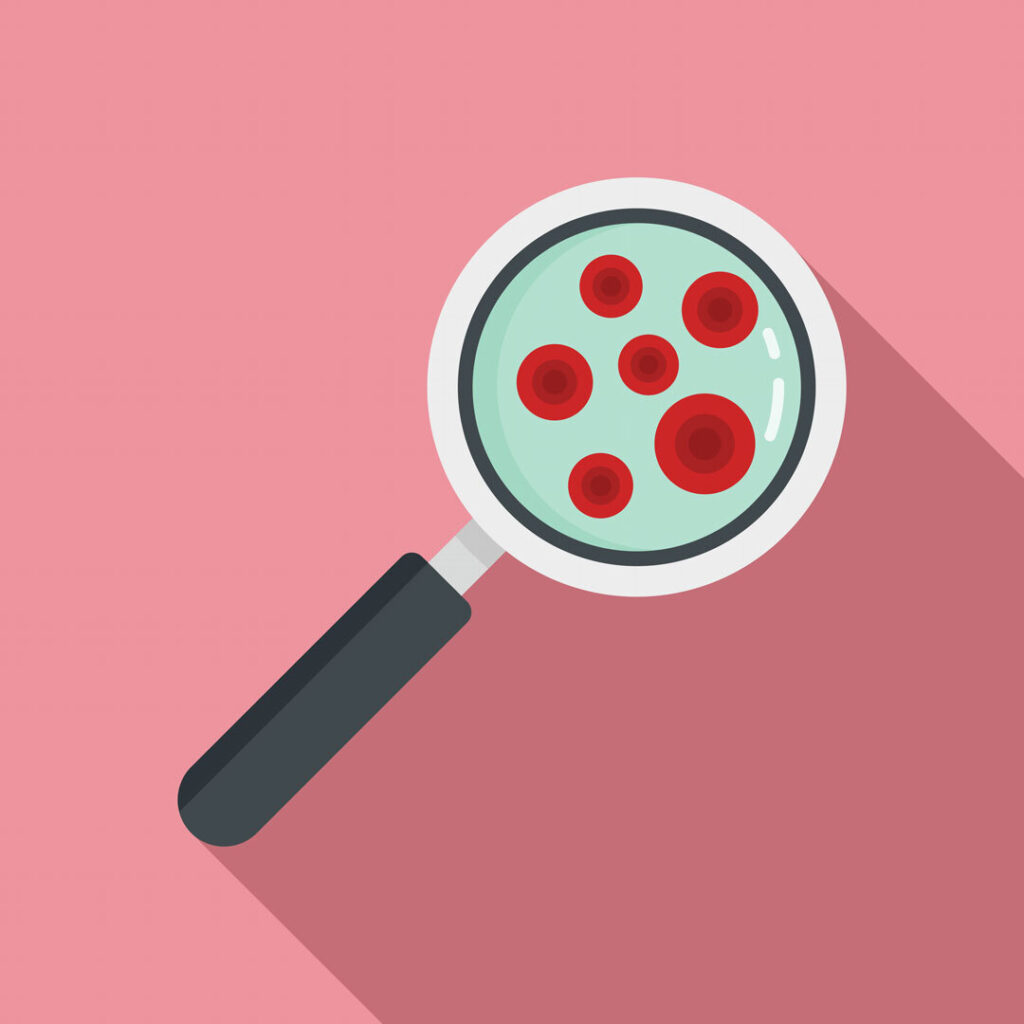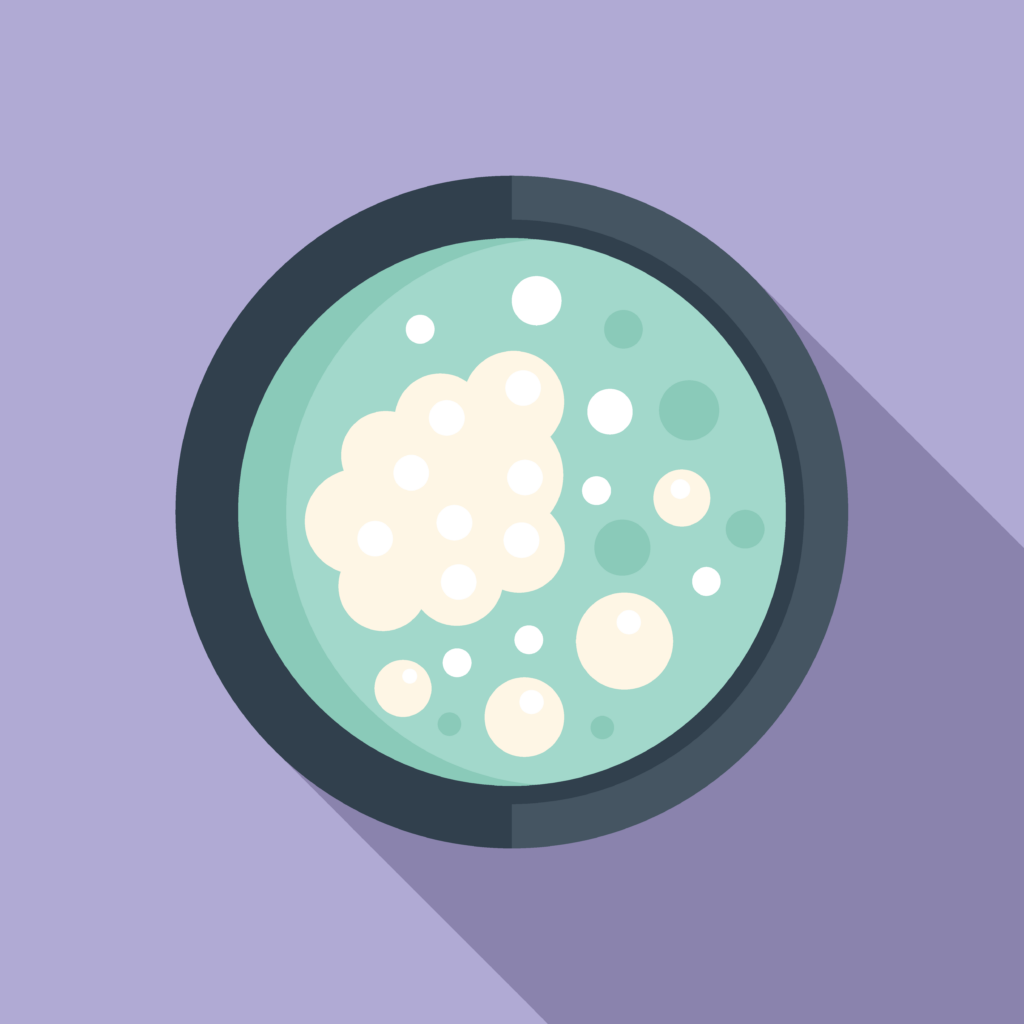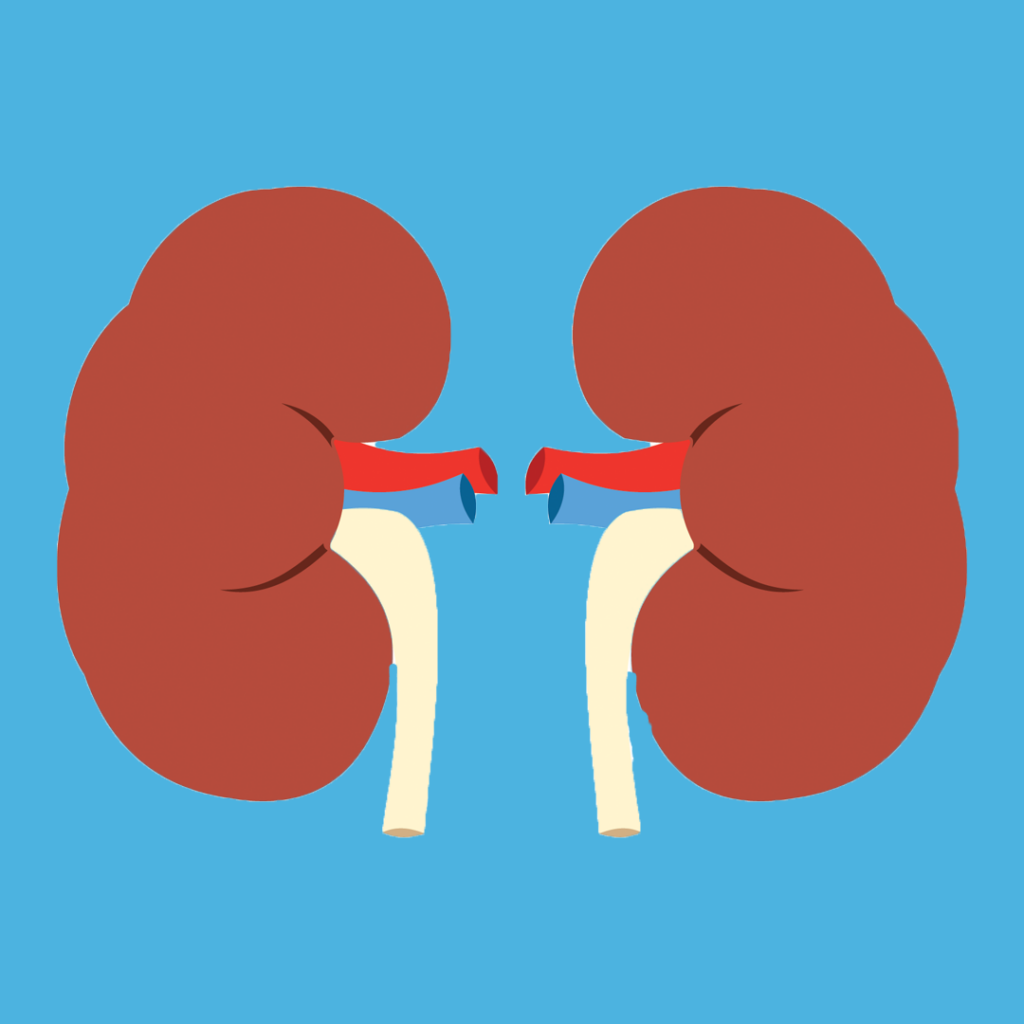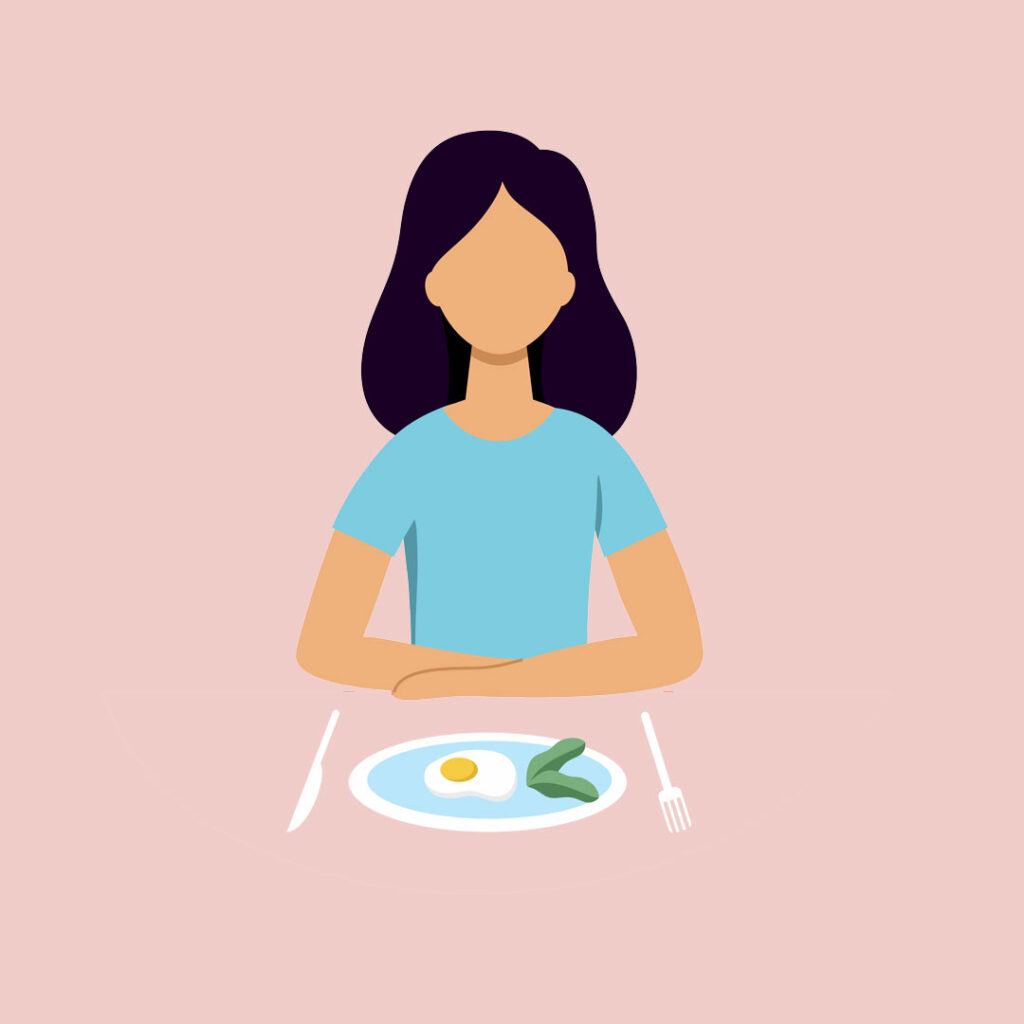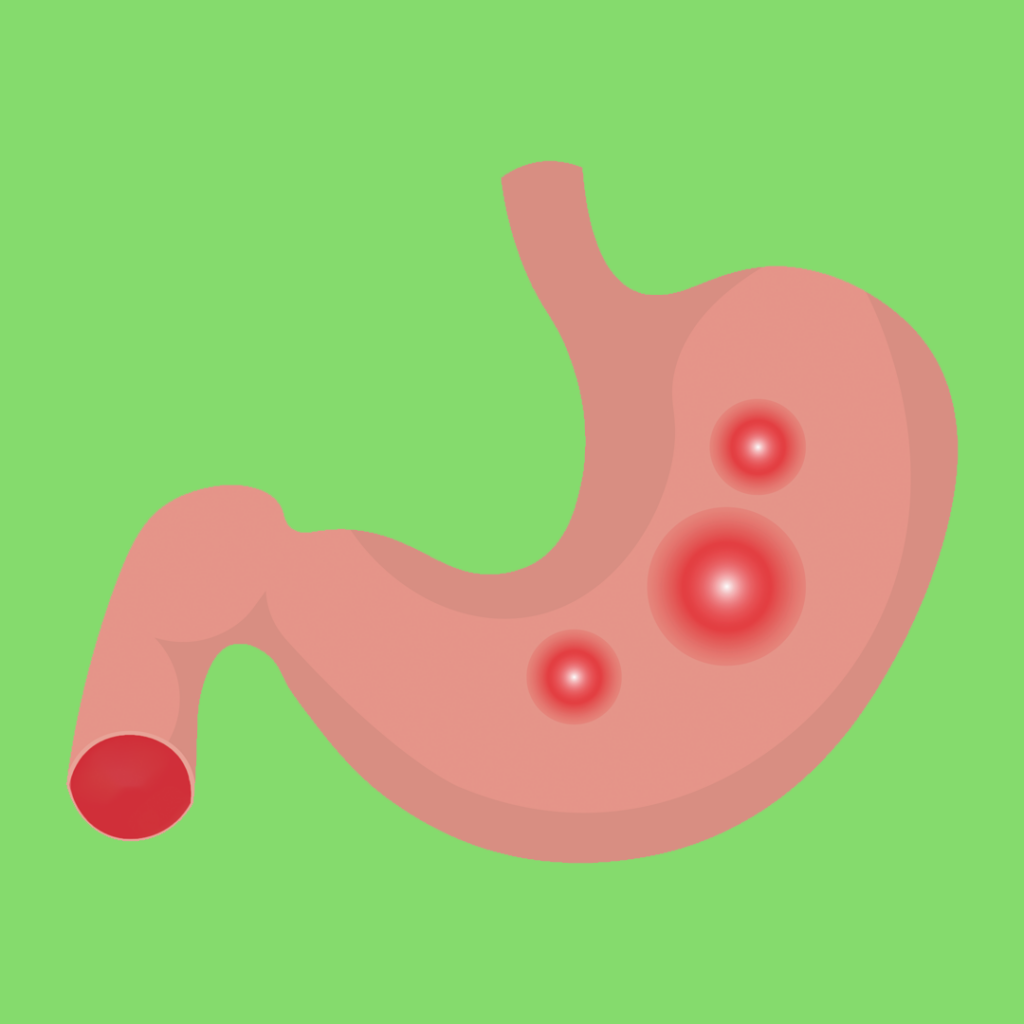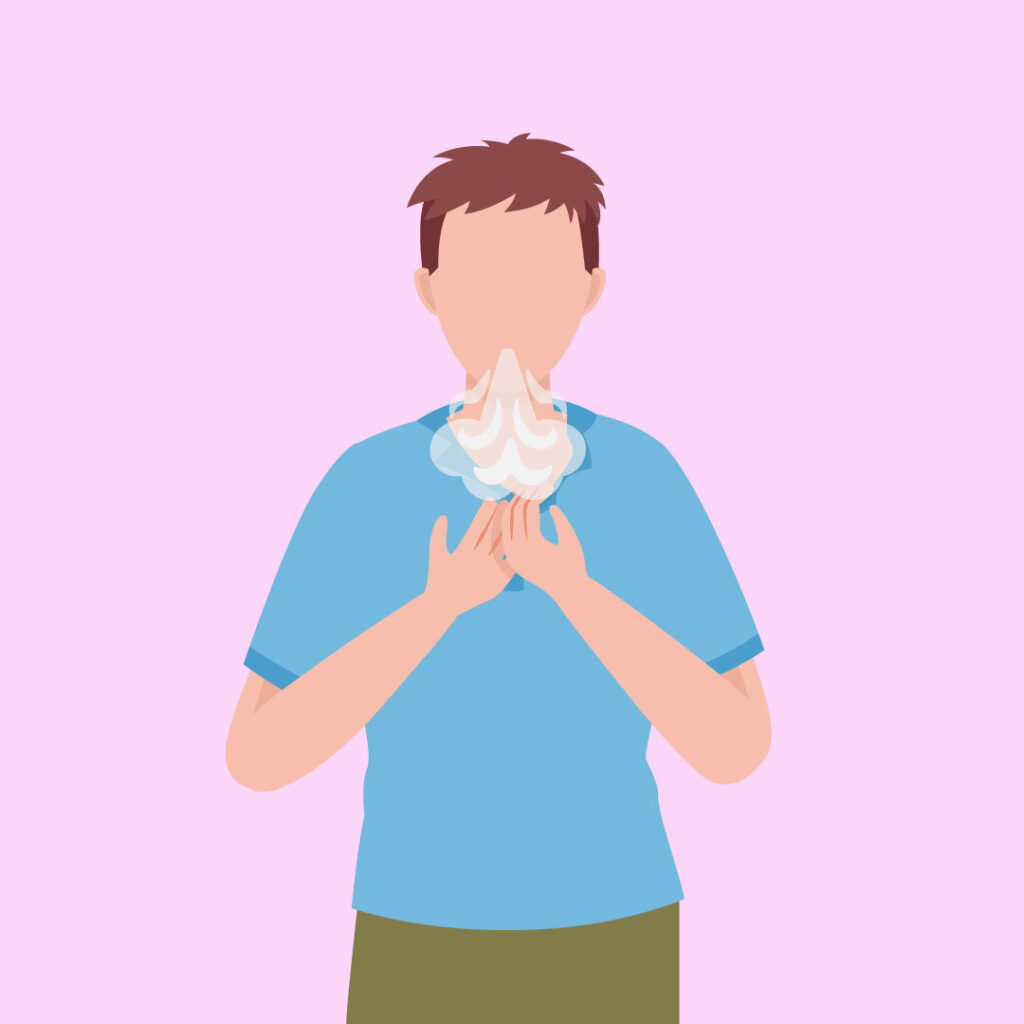How to get enough zinc in your diet
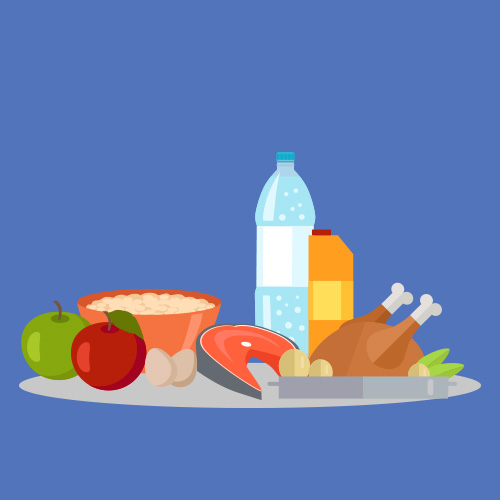
Similar to magnesium, zinc is a mineral needed for the chemical activity for over 300 enzymes that run your body's essential processes. Perhaps the most well-known use of zinc is its role in the immune system. Did you know: Even a slight deficiency of zinc can slow down the activity of immune cells needed to fight colds, infections, viruses and bacteria?!
Zinc's other important roles include regulating blood pressure, metabolism, physical growth, development of cells, and various organ systems (skin, digestive, central nervous, skeletal and reproductive). This mighty mineral is found in all organs, tissues, fluids and secretions in the body, and more prominently in the skeletal muscle and bones. Even though zinc is an essential part of human health, the body cannot store zinc. This is why you must consume it regularly in the diet!
Sources of Nutritional Zinc
The most bioavailable food sources of zinc are meats, eggs and seafood, as they also contain the amino acids cysteine and methionine that improve its absorption. For those that do not eat meat, you can obtain zinc from vegetarian sources such as beans, nuts, seeds and legumes. Consider adding the following foods to your diet for optimal zinc benefits.
| Food source | mg zinc/30g (1 oz.) |
|---|---|
| Oysters | 25 |
| Beef | 2.5 |
| Egg | 1.3/egg |
| Turkey | 1 |
| Dark chicken meat | 0.8 |
| Sesame seeds | 2.5 |
| Pumpkin seeds | 2.2 |
| Sunflower seeds | 2 |
| Cashews | 1.6 |
| Lentils, dry | 1.6 |
| Chickpeas, dry | 0.9 |
Zinc for Vegans and Vegetarians
Vegans and vegetarians tend to have lower dietary intake levels of zinc, due to the nature of zinc-containing foods. Animal foods contain higher levels of zinc, while many vegetarian sources of zinc such as beans, seeds and lentils contain phytates that interfere with zinc absorption. Phytates are naturally occurring compounds found in all beans, grains, nuts and seeds. They can be reduced by choosing the dry form of these foods and soaking them in water for 8 hours before cooking.
If you follow a vegan or vegetarian diet, include more nuts and seeds in your snacks and meals as an easy way to ensure good zinc nutritional intake. Although fruits contain less zinc than other foods, avocado, blackberries and raspberries contain a fair amount.
Zinc and Iron Interaction
At high doses, zinc and iron can interfere with each other's absorption. To avoid this, take your iron and zinc supplements at least 2 hours apart. Zinc and iron found together in multivitamins, and in most foods, are not significantly impacted because of their lower doses.
Do I need a Zinc Supplement?
The recommended daily allowance (RDA) as per Health Canada is 11mg/day for men and 8mg/day for women. The upper limit is 40mg/day. Keep in mind that these values were created based on a healthy population
More importantly, zinc requirements can differ based on your everyday needs. For instance, infections, stress, trauma and steroid medications can cause the body tissues to use up more zinc. Because zinc is absorbed in the small intestines, conditions such as Ulcerative Colitis, Celiac, Crohn's, Short Bowel Syndrome or frequent diarrhea may also impair the absorption of zinc. If you follow a vegetarian or vegan diet, it may be more difficult to absorb adequate levels of zinc. In these cases, zinc supplementation is often recommended by healthcare professionals, as deficiency is more likely to occur.
Even if you are perfectly healthy, mental stress from everyday events such as tight deadlines, family relationships, and work pressure can accumulate and have a negative impact on your health. Furthermore, zinc has been shown to be helpful during cold and flu season, as it plays a crucial role in the immune system. For these reasons, it may be necessary to incorporate a daily zinc supplement in addition to prioritizing food sources.
Find the right zinc for you
For a therapeutic and absorbable form of zinc, zinc bis-glycinate is one of the best supplements on the market. Choose from our daily 25mg dose or our ultra strength 50mg dose for optimal benefits in a short period. Supplementing 25mg per day is a great maintenance dose, while a more potent 50mg is recommended for those that need the extra support to cope with infections, malabsorption conditions or viruses.

